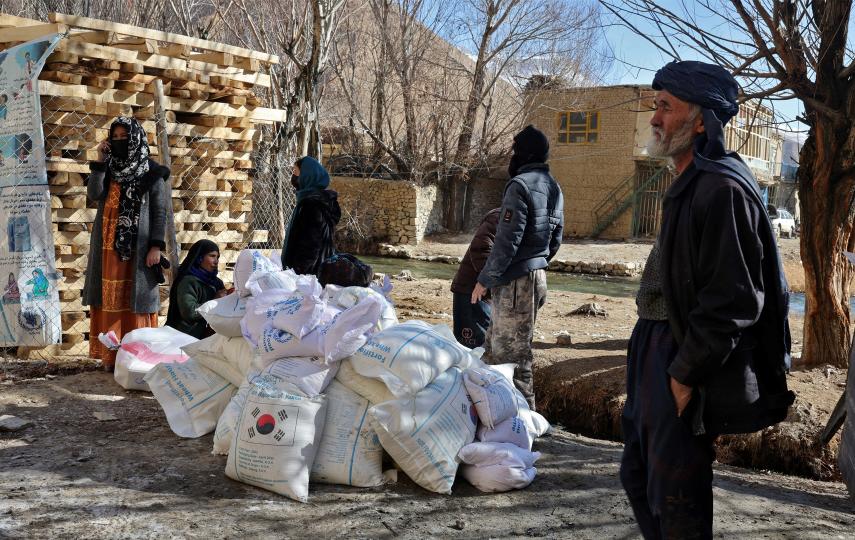An international conference on earthquake risk management aimed at sharing Pakistan’s experiences on earthquake emergency response, early recovery, seismically resistant reconstruction and rehabilitation efforts concluded in Islamabad, on Monday.
“This was an opportunity to share our lessons learnt with others dealing with past post-earthquake reconstruction issues, as well as for us to learn from others as to what we could improve upon,” Jean-Christophe Adrian, chief technical advisor for the United Nations Human Settlement Programme (UN Habitat) in Pakistan, one of the co-sponsors of the event, told IRIN in Islamabad.
The event was organised by the Earthquake Reconstruction and Rehabilitation Authority (ERRA), the government agency charged with planning and coordinating reconstruction and rehabilitation efforts in Pakistan. The two-day conference, followed by a field visit on Monday to the quake-affected area, brought together participants and experts from 10 countries, including Afghanistan, Pakistan, Bangladesh, Indonesia, Iran, Japan, Nepal, the Philippines, Turkey and the US.
More than 80,000 people died and scores more were injured on 8 October 2005 when the 7.6 magnitude quake ripped through Pakistani-administered Kashmir and the country’s North West Frontier Province, rendering more than 3.5 million people homeless over a 30,000 square km area.
Almost 19 months after Pakistan’s worst natural disaster, ERRA believed the time had come to share its experiences with those working on earthquake risk management.
“But the way they handled it was amazing,” Dixit asserted. “From absolute chaos they became organised in a very short period of time. That is something other countries can learn from.”
Praising Pakistan’s response to the disaster, Salvano Brinceno, director of the United Nations International Strategy for Disaster Reduction, said that in 2005 168 countries agreed to the Hyogo Framework for Action, a global blueprint for disaster risk reduction by 2015, and decided that a much higher priority need to be given to reducing risk and vulnerability rather than continuing to focus on getting prepared to respond to disasters.
“As we all know, prevention is better than cure, so also risk management is better than disaster management,” Brinceno said.
ds/at/ar/
see also
Quake-displaced people start returning home from camps
Quake survivors angry at government inaction
Bid to restore quake-hit regional government under way
This article was produced by IRIN News while it was part of the United Nations Office for the Coordination of Humanitarian Affairs. Please send queries on copyright or liability to the UN. For more information: https://shop.un.org/rights-permissions




